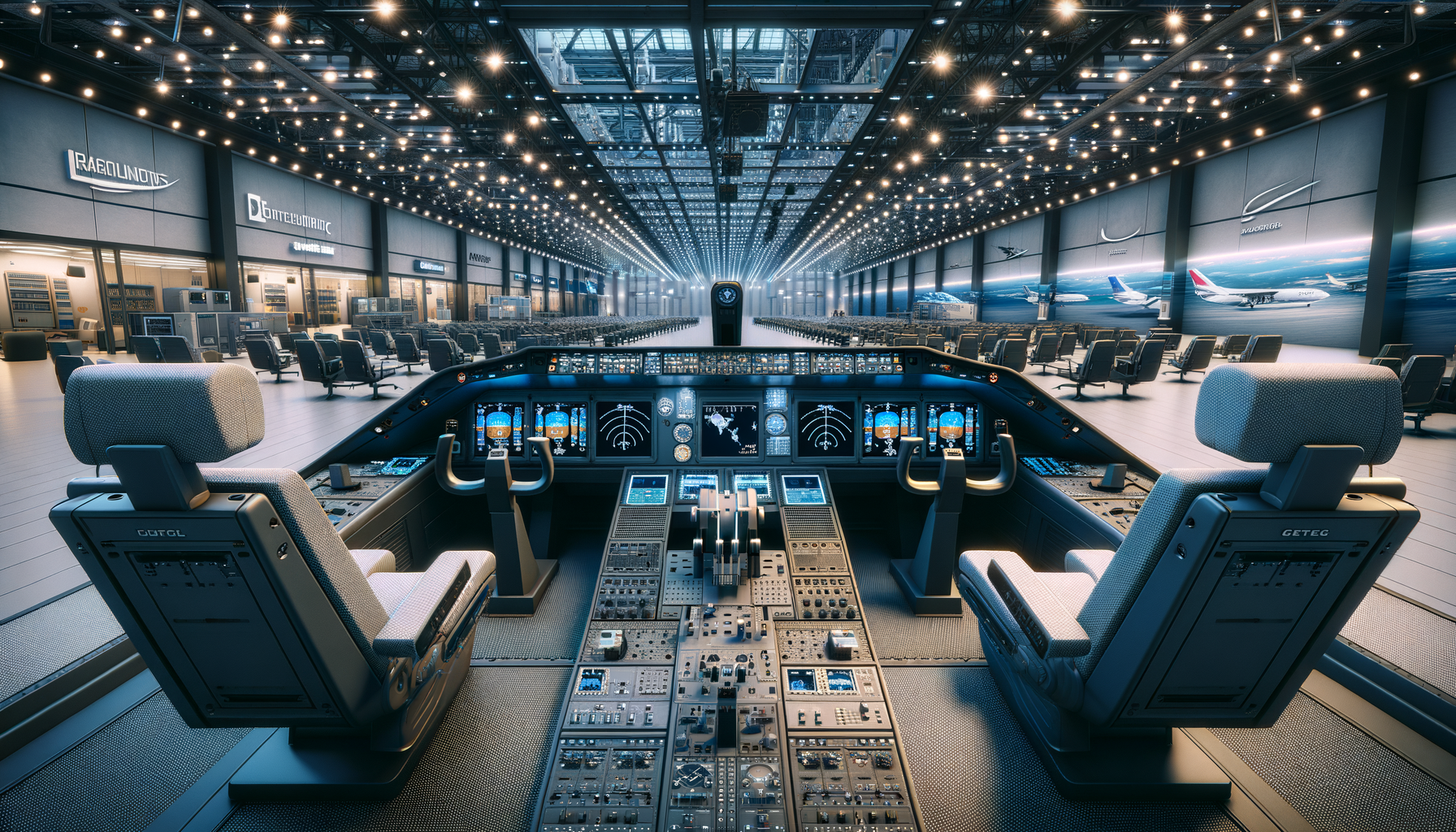Introduction to Aviation Training
Aviation training is a crucial step for anyone aspiring to enter the aviation industry, whether as a pilot, air traffic controller, or aviation engineer. This training provides the necessary skills and knowledge to ensure safety and efficiency in aviation operations. In New York, a hub for international travel, aviation training programs are designed to meet both domestic and international standards, preparing students for a global career. These programs cover a wide range of topics, including aerodynamics, weather patterns, navigation, and safety protocols.
New York’s aviation schools offer a variety of programs, each tailored to different career paths within the industry. From private pilot licenses to commercial pilot certifications, these programs are structured to provide comprehensive education and hands-on experience. The state-of-the-art simulators and real-world flight experiences offered in New York’s training facilities ensure that students are well-prepared for the challenges of aviation careers. Additionally, the city’s diverse population and international connections make it an ideal location for aspiring aviation professionals to gain exposure to a global network.
Types of Aviation Training Programs
Aviation training programs in New York are diverse, catering to various career aspirations within the industry. Here are some of the key types of programs available:
- Pilot Training: This includes private pilot, commercial pilot, and airline transport pilot certifications. Each level requires a different number of flight hours and theoretical knowledge, with commercial and airline transport pilot licenses demanding extensive training and experience.
- Air Traffic Control Training: This program focuses on managing the safe and orderly flow of air traffic. Trainees learn about radar systems, communication protocols, and emergency procedures, ensuring they can handle the complexities of busy airspace.
- Aviation Maintenance Technician Training: These programs prepare students to maintain and repair aircraft, ensuring they meet safety standards. The curriculum includes courses on aircraft systems, electronics, and regulatory compliance.
Each program is designed to meet specific Federal Aviation Administration (FAA) requirements, ensuring that graduates are qualified to operate in the aviation industry. The comprehensive nature of these programs, combined with New York’s dynamic environment, provides students with a solid foundation for a successful career in aviation.
Career Opportunities in Aviation
Aviation training opens up a world of career opportunities, both in New York and globally. The aviation industry is expansive, offering roles that range from piloting and maintenance to management and logistics. Here’s a look at some of the career paths available to those with aviation training:
- Pilot: Pilots are the most visible members of the aviation industry. They operate aircraft, ensuring passenger and cargo safety. With the demand for air travel increasing, the need for qualified pilots is on the rise.
- Air Traffic Controller: These professionals are critical to the safety of air travel, managing aircraft movements on the ground and in the air. Their role is essential in preventing collisions and ensuring efficient airspace use.
- Aviation Maintenance Technician: Technicians ensure that aircraft are safe and operational. This role is crucial for maintaining the high safety standards required in aviation.
- Aviation Management: This involves overseeing airport operations, airline management, and logistics. Professionals in this field ensure that aviation services run smoothly and efficiently.
The aviation industry’s global nature means that professionals with the right training can work anywhere in the world. For those based in New York, the city’s international airports and airlines provide ample opportunities to build a career in this exciting and ever-evolving field.








